World Demographic & Ageing Forum – Session “Our next world – Rethinking demography”
Date
29 Oct - 4 Nov 2017
Time
17:30 to 17:00
Location
Cape Town International Convention Centre (CTICC)
Attendance
This event has now passed. To browse our upcoming events click here.
This session will share knowledge and insights into what the future will bring in terms of demographic trends while also crucially asking what we can do about it. Demography and ageing will map the future of our lives, of the societies we live in, and of the way in which our societies – from Asia to America, from Africa to Europe – live with each other. The session’s title looks simple but the reality behind it is complex and challenging: what can be known and what is unknown about what is “next”? And what will define our “world”, with all its growing inter-dependencies and its risks, surrounding our lengthening and changing lives?
For more information: https://www.wdaforum.org/home/
Program
Introductions:
Demography in the 21st Century: Dynamics by Continent
– Hans Groth, President of the World Demographic & Ageing Forum, St. Gallen, Switzerland
– John F. May, PhD, Georgetown University, Washington, DC, USA
Geopolitical Issues Arising from Demography
– Nicholas Eberstadt, Henry Wendt Chair in Political Economy, American Enterprise Institute, Washington, DC, USA
Panel Discussion:
Continuous changes and unprecedented innovations will significantly impact societies, economies and governance all over the globe. Therefore, demographic shifts will fundamentally impact our living standards and potential to prosper. During this session, leading experts from across the globe will be debating pressing topics for future competitiveness of nations. The areas of focus will be: work life, financial markets, retirement systems, health and ageing, and digital revolution.
What are the points of agreement and certainty?
What could potentially surprise us?
What can and must be done?
Moderator:
– Thomas B. Cueni, Director General, International Federation of Pharmaceutical Manufacturers & Associations (IFPMA), Geneva, Switzerland
Panellists:
– Ewa Björling, Minister of Trade of Sweden (2007-2014), Stockholm, Sweden
– Nicholas Eberstadt, Henry Wendt Chair in Political Economy, American Enterprise Institute, Washington, DC, USA
– Wang Feng, Professor of Sociology, Fudan University, Shanghai, China
– Eliya Msiyaphazi Zulu, Executive Director of the African Institute for Development Policy (AFIDEP)
– Thomas Zeltner, Swiss Academies of Arts and Sciences, Berne, Switzerland
Assembling the Jigsaw –
– Wolfgang Lutz, Founding Director, Wittgenstein Centre for Demography and Global Human Capital (IIASA, VID/ÖAW, WU), Vienna, Austria
Speakers

Dr. med. Hans Groth, MBA is Chairman of the Board of the World Demographic & Ageing Forum (WDA Forum). In addition, he is member of the Board of Directors of RehaClinic Bad Zurzach AG – a Switzerland-based chain of rehabilitation clinics. Since 2009, Dr. Groth has been a permanent guest lecturer at the University of St. Gallen (HSG)/Switzerland with the topic “Megatrend: Global Demographic Change”.
Till 2013 Hans Groth has been working with Pfizer Inc. for twenty-four years. He has comprehensive experience in over 30 healthcare markets including Western Europe, Eastern Europe & Central Asia, the USA and Canada. His responsibilities have included medical affairs, clinical research, regulatory, marketing & sales as well as international public affairs including negotiating pricing & access conditions with government authorities, NGOs as well as healthcare payers.
In 2003, he was appointed “Pfizer Global Health Fellow” by UNAIDS to conduct case studies in Central Asia and Siberia in order to quantify the threat potential of HIV/AIDS/TB in that region. For his ongoing commitment towards supporting public health infrastructure projects in Southeast Siberia and Kirgizstan, he received in 2008 the “Pfizer Global Health Fellow Award”.
For the past twenty years, Dr. Groth has been studying the interaction between global demographic change, economic development, wealth and societal stability (c.f. “Europe’s Demographic Challenge – Unlocking the Value of Health” Hans Groth & Nicholas Eberstadt, 2007, “Population Dynamics in Muslim Countries – Assembling the Jigsaw” Hans Groth & Alfonso Sousa-Poza, 2012, “Africa’s Population: In Search of a Demographic Dividend or Social” Hans Groth & John May, 2017). The focus of his research has built upon theories of economic development & productivity and employing the value of health, education and progress in societial governance as sustainable tools to unlock new ways to tackle the imminent challenges of demographic change.
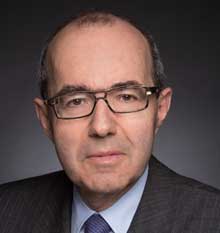
Thomas B. Cueni is Director General of IFPMA since 1 February 2017. Prior to joining IFPMA he was Secretary General of Interpharma, the association of pharmaceutical research companies in Switzerland. For many years Thomas Cueni has been involved in the work of the European Federation of Pharmaceutical Industries and Associations, EFPIA, where he most recently served as Vice-Chair of the European Markets Committee and association representative on the Board. He represented the industry on the EU High Level Pharmaceutical Forum, was Chairman of EFPIA’s Economic and Social Policy Committee and Chairman of the EFPIA Task Force on the EU Commission’s Pharmaceutical Sector Inquiry. Thomas Cueni also represented Interpharma, which he successfully transformed from the association of Swiss Rx companies to the association of pharmaceutical research companies in Switzerland, on the Council of IFPMA.
Prior to his appointment with Interpharma, Thomas Cueni had a career as a journalist, inter alia as London correspondent for the “Basler Zeitung” and “Der Bund”, and he served as a Swiss career diplomat with postings in Paris (OECD) and Vienna (IAEA, UNIDO). He studied at the University of Basle, the London School of Economics, and the Geneva Graduate Institute for International Studies, and has Master degrees in economics (University of Basel) and politics (London School of Economics, LSE).
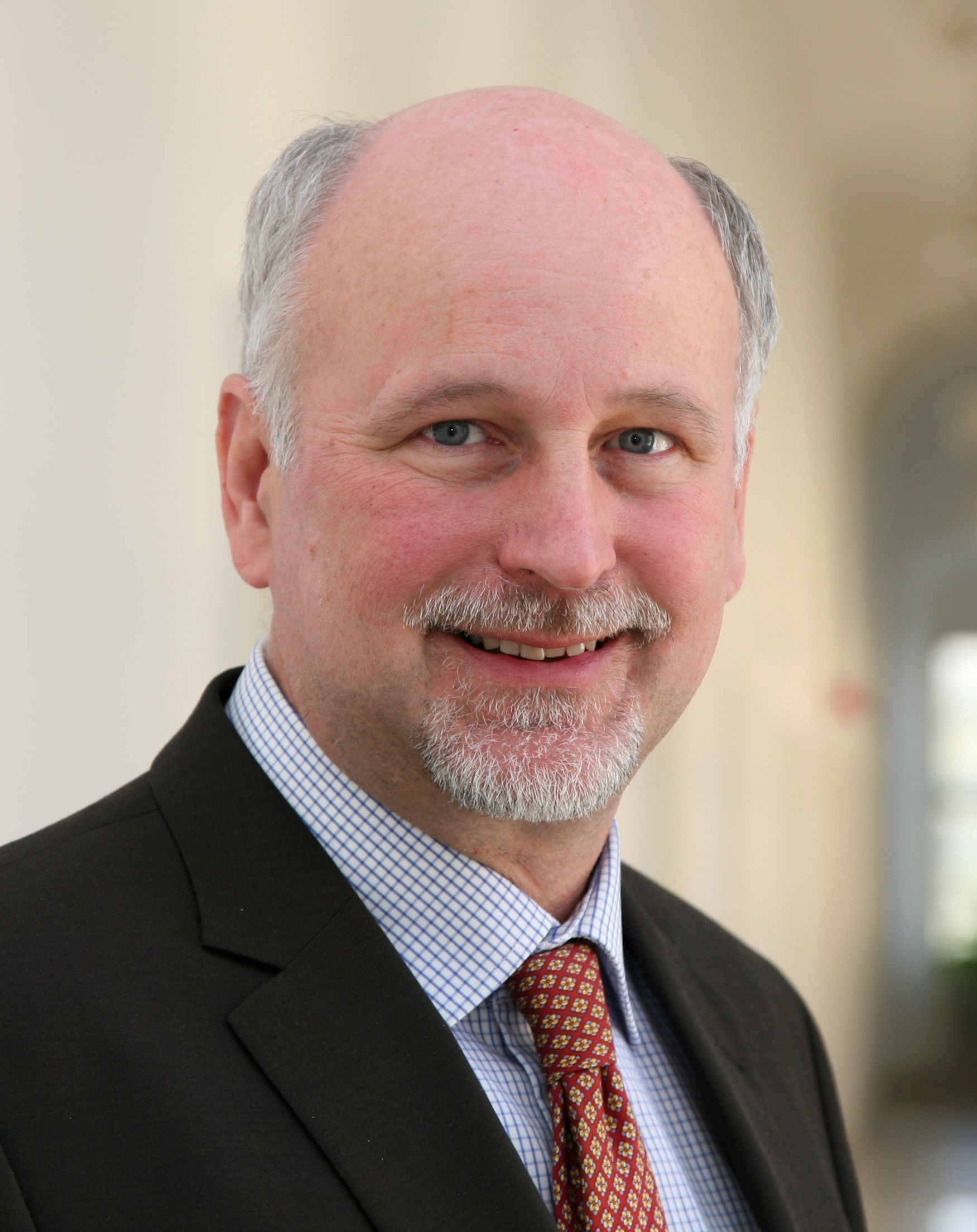
Wolfgang Lutz is Founding Director of the Wittgenstein Centre for Demography and Global Human Capital, a cooperation between IIASA (where he directs the World Population Program), the Austrian Academy of Sciences (where he is director of the Vienna Institute of Demography) and the Vienna University of Economics and Business (where he is Professor of Statistics). He holds a PhD in Demography from the University of Pennsylvania.
He has widely published on international population trends with a special focus on population forecasting, population-development-environment interactions and introducing education as a standard demographic dimension in addition to age and sex. He has published over 250 scientific articles, including 11 in Science and Nature. His most recent book with OUP is entitled “World Population and Human Capital in the 21st Century. He has won prestigious awards including the Wittgenstein Prize, an ERC Advanced Grant, the Mattei Dogan award of the IUSSP and the Mindel Shaps Award of PAA. He is member of the Austrian Academy of Sciences, the Leopoldina, The World Academy of Sciences (TWAS), the Finnish Society for Sciences and Letters and the US National Academy of Sciences (NAS).
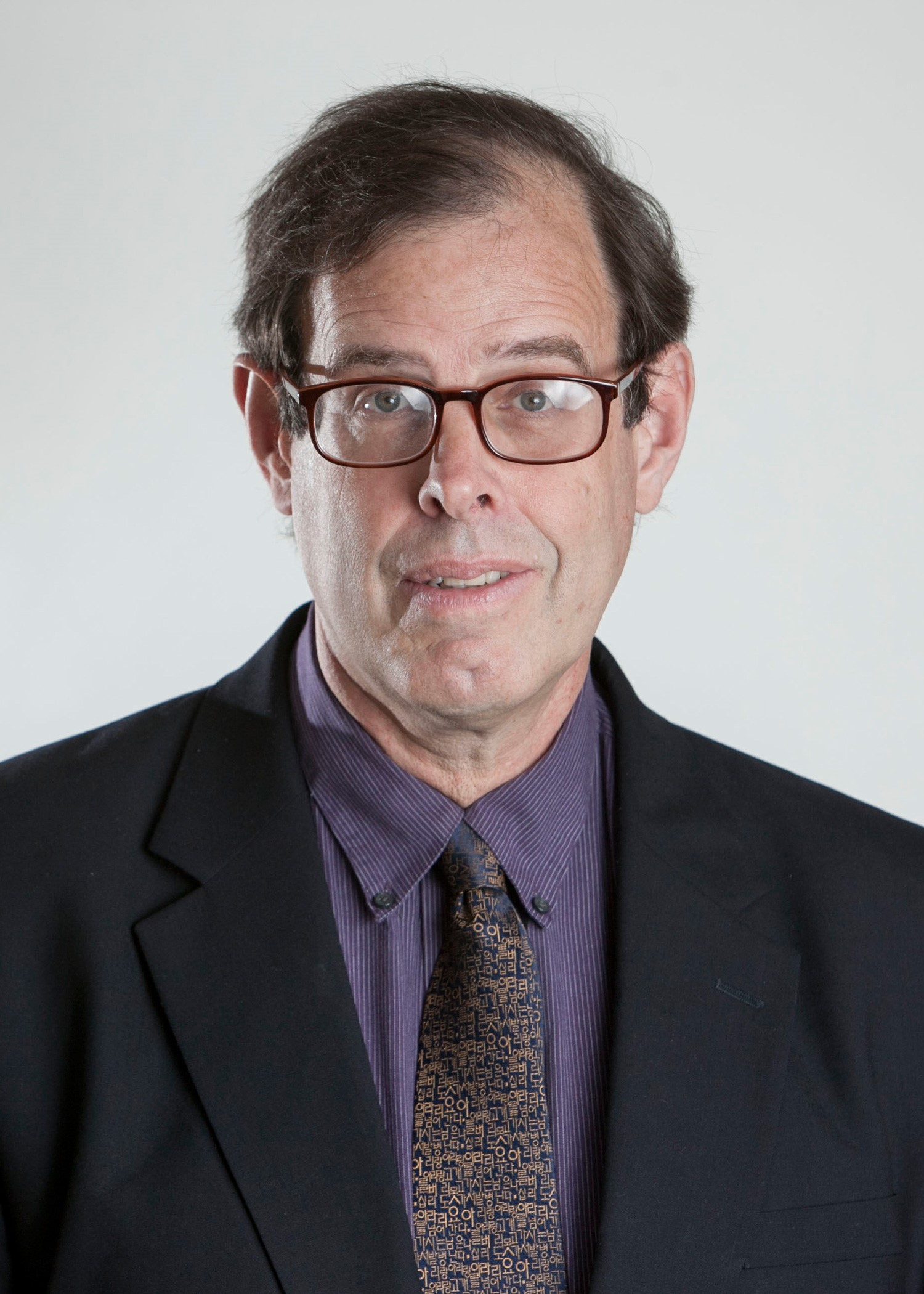
Nicholas Eberstadt holds the Henry Wendt Chair in Political Economy at the American Enterprise Institute (AEI) in Washington, DC and serves as Senior Adviser to the National Bureau of Asian Research (NBR) in Seattle WA. He researches and writes extensively on issues in demography, economic development, and international security. He has served as an adviser or consultant for many different units of the US government, and frequently offers invited expert testimony before Congress.
Mr. Eberstadt serves inter alia on the Board of Advisers to the Global Coalition on Aging. He earned his AB, MPA and PHD from Harvard, and his M.SC. from the LSE. Among his many books are Europe’s Coming Demographic Challenge (Hans Groth co-author, 2007) and Population, Poverty, Policy : Essential Essays from Nicholas Eberstadt Vol. I (forthcoming).

Wang Feng is a professor of sociology at the University of California, Irvine and at Fudan University. Wang Feng received his BA degree in Economics from Hebei University in China, and Ph.D. degree in sociology from the University of Michigan. Professor Wang is a widely-recognized expert on China’s social and demographic changes and on social inequality. He has published extensively on these topics. Professor Wang also served as a member in the Global Agenda Council on Population Growth of the World Economic Forum (2009-2011), and Expert Group for United Nations Population Division. Between 2010 and 2013, he was a senior fellow at the Brookings Institution and the director of the Brookings-Tsinghua Center for Public Policy in Beijing, and between 2007 and 2010, he served as the chair of the Department of Sociology at the University of California, Irvine.

Ewa Björling has served as Minister for Trade in the Swedish government between 2007 – 2014, and Member of Parliament in the Committee on Foreign Affairs 2002 – 2007. In her political career, Ewa Björling occupied broad range of top positions. Prior to that she was appointed as PhD and Associate Professor at Karolinska Institutet in Stockholm, where she lectured and did research in the field of Medicine. Some concrete political results are measures to strength export financing, the ability to support small and medium enterprises and changes in the public promotion of Sweden around the world.
Merger of Invest Sweden and The Swedish Trade Council to Business Sweden to streamline the promotion of the company’s exports, imports and investments. Within the EU framework has she been involved in an European patent, the service directive, the goods package, development of E-trade and several free trade agreements. Today she serves as board member for different Swedish companies, SCA AB, Biogaia AB, Mobilaris AB and different advisory boards.
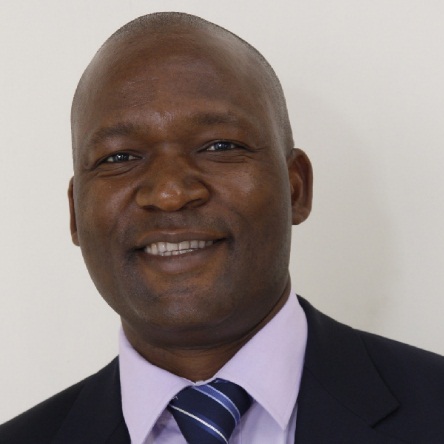
Eliya is the Executive Director of the African Institute for Development Policy (AFIDEP) whose mission is to promote evidence-informed public policy making in Africa. Eliya has over 20 years’ experience in developing and managing research, capacity building, and policy engagement programmes on a wide range of issues including population change and sustainable development; reproductive, child and maternal health; HIV and AIDS; and urban poverty and health concerning Africa. He has published over 60 journal articles; strengthened capacity for evidence use among decision-makers; supported development of public policies at national, regional and global levels; and served on many international development panels. He is the former President of the Union for African Population Studies; served on the UK Royal Society Study Group that produced the 2012 report “People and Planet”; served on many WHO Expert Panels including the Expert Group on the linkages between hormonal contraceptives and HIV infection; and he is a member of the FP2020 Performance Monitoring and Evidence Working Group. Eliya is leading a continent-wide programme to help African governments optimize the role of their youthful populations in engineering socioeconomic transformation and sustainable development through the demographic dividend. He has given numerous high levels keynote presentations on the topic, including at the UN General Assembly. Eliya holds a Ph.D. in Demography from the University of Pennsylvania, a Masters Degree in Population and Development from the Australian National University, and a Bachelors degree in Economics and Applied Statistics from the University of Malawi.
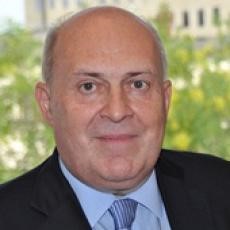
John F. May, a US and Belgian national, is a specialist in population policies. He is currently a Visiting Scholar at the Population Reference Bureau (Washington, DC) and Adjuct Professor of Demography at Georgetown University. He was a Lead Demographer at the World Bank for 15 years and has worked for the United Nations as well as for the US consulting firm Futures Group International. He also worked for many international agencies around the world, including the International Union for the Scientific Study of Population. He earned a BA in Modern History and a MA in Demography from the Catholic University of Louvain, and received his Doctorate in Demography Summa cum laude from the University of Paris-V (Sorbonne). His book World Population Policies: Their Origin, Evolution, and Impact (Springer, 2012) received the Population Institute 2012 Global Media Award for the best book on population. In 2013, he was elected an Associate-Member of the Royal Academy of Belgium.

Thomas Zeltner, former Secretary of Health of Switzerland and Director-General of the Swiss National Health Authority (1991-2009), has a long history as an innovative leader in public health.
Currently he is head of international affairs of Swiss Academy of Medical Sciences, board member of the Swiss Academies of Arts and Sciences,
Vice-President of UNESCO commission of Switzerland and represents Switzerland on the board of the Global Network of Science Academies (iap Health).
Since 1992, he has been Professor of Public Health at the University of Berne and is a Visiting Scientist at the Harvard School of Public Health (Boston).
He chairs the Advisory Board of the Global Health Center at the Graduate Institute in Geneva.
He was Vice-President of the Executive Board of the World Health Organization (1999-2002). More recently he served as Special Envoy of the World Health Organization (2012-14).
In this capacity he advised the Director General of WHO in critical areas of the ongoing reform of this UN agency.
Thomas Zeltner is born in Bern (Switzerland). He graduated with an MD and a Master’s degree in Law from the University of Bern. He holds a Doctor of Laws (honoris causa) of the University of Neuchatel.


